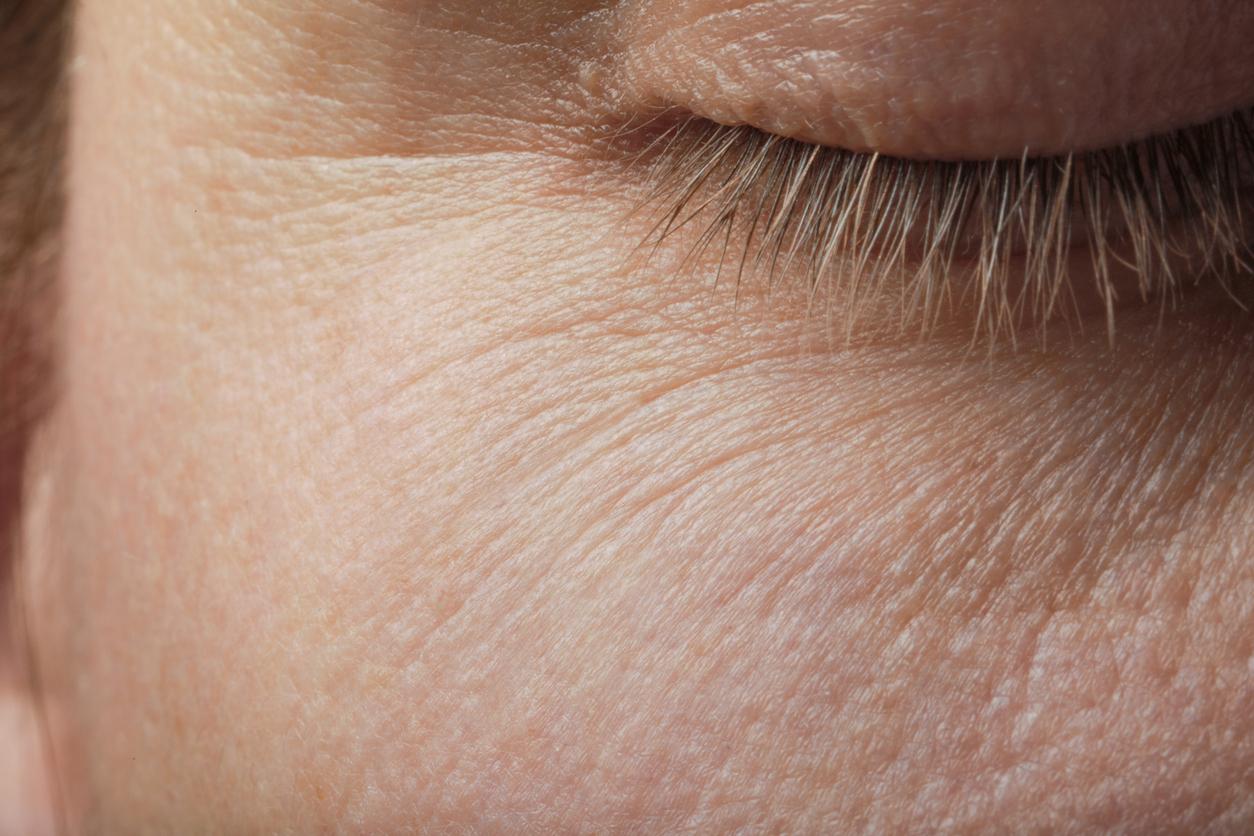The vaccination is a process which makes it possible to fight against infectious and contagious diseases by stimulating the immune defenses of our body.
It consists in introducing into our body an infectious agent that is attenuated or inactivated to be harmless. Once the pseudo-virus has been injected, it will be recognized as harmful by our immune system, which will produce antibodies (specific immunity proteins) against the virus, to neutralize it.
Thus, in the event of contact with an “active” version of this virus, the production of the same antibodies will be much faster since the body will have already encountered this pathogen.
Vaccines may contain an infectious agent (virus or bacteria) live attenuated or inactivated. In the first case, the pathogenic power of the virus or bacteria has been reduced, so that it does not cause disease but stimulates the immune system. Sometimes this type of vaccine can give rise to a mild fever, which passes naturally after a few days at most. Vaccines against measles, rubella, mumps are for example vaccines of live attenuated pathogens.
So-called “inactivated” vaccines contain a pathogen killed by a chemical or by heat. They are therefore completely harmless, but still allow to trigger an immune response. Vaccines against tetanus, whooping cough, hepatitis A and B, pneumococcus and flu are examples of inactivated vaccines.
Vaccines may also contain preservatives and antibiotics to prevent potential contamination, as well as stabilizers to ensure the quality of the vaccine over time before administration. Some vaccines contain adjuvant substances to increase their effectiveness, including the highly controversial aluminium.
In July 2013, the French Haut Conseil de Santé Publique (HCSP) considered that there was no scientific data to call into question the safety of vaccines containing aluminium, given the benefit/risk balance. The HCSP had also encouraged “the continuation of research aimed at evaluating the safety of the adjuvants available and in development. »
Read also :
Refusal to vaccinate: the Constitutional Council brought to a decision
Vaccination: proven safe for the nervous system
Papillomavirus: the vaccine does not promote risky sexual behavior


















